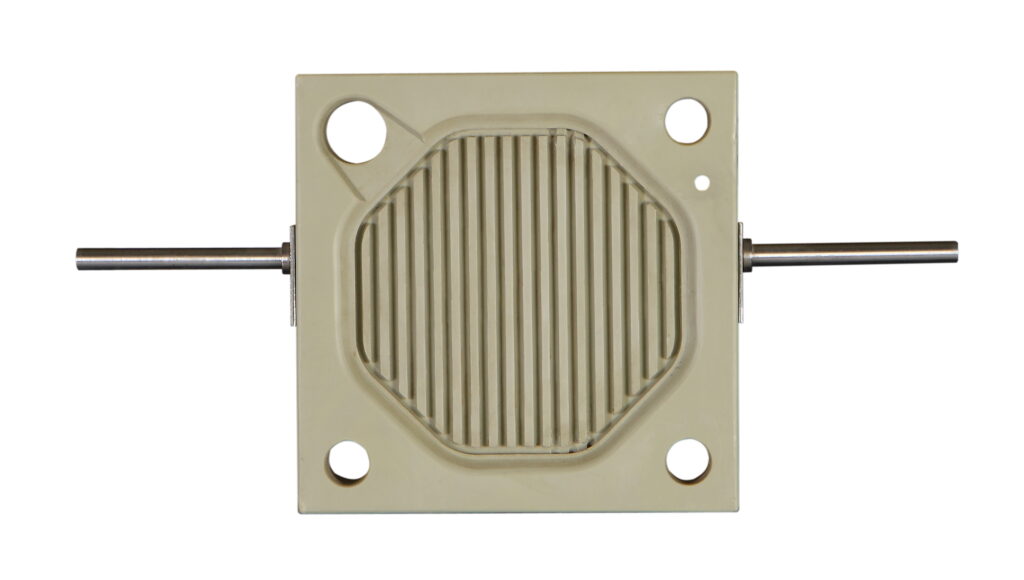Beer production relies on efficient filtration at various stages, from clarifying wort to polishing the final product. Filter presses are a versatile and economical option for filtering beer, serving as an alternative or supplement to other systems like diatomaceous earth filters.
Meanwhile, filter presses provide breweries with an economical and reliable option for clarifying and polishing beer at multiple stages. They allow precise control of solid and microorganism removal through adjustable operating pressures. Hydraulic presses often offer the greatest performance and automation capabilities due to higher plate pressures and precise cycle control.
Types Of Filter Presses Used in Breweries

There are two main types of filter presses applicable to breweries: plate and frame presses and hydraulic presses. Both use alternating filter plates and cloths to remove solid particulates and microorganisms from liquids.
Frame and plate filter press use a mechanical screw mechanism to close the plates and generate the filtration pressure. They tend to be a lower cost option but offer less flexibility in terms of adjustable pressures.
Hydraulic presses use hydraulic cylinders filled with pressurized oil to squeeze the plates closed. They offer benefits like higher and precisely adjustable pressures, faster cycle times and often greater automation. But hydraulic presses typically carry a higher initial cost.
Uses Of Filter Presses In Breweries
Filter presses are commonly used at various phases of beer production:
- Clarifying wort – Removes trub and solids from boiled wort before fermentation. This helps avoid off-flavors and improve yeast health.
- Recovering yeast – After fermentation, the yeast can be harvested from the beer through filtration. Pitching fresh cropped yeast improves consistency and flavor.
- Clarifying green beer – Filtering beer after fermentation and before maturation reduces Chill Haze precursors and overall particulates.
- Polishing beer – The final polishing filtration further clarifies the beer and removes any remaining particles for a bright, clean finished product.
- Recovering process water – Filter presses can recover process water used for rinse cycles and cleaning-in-place, saving on water costs.
Additional Factors When Choosing A Filter Press For Breweries
- Capacity: Opt for a higher throughput model to reduce delays between beer batches.
- Adjustable pressure: Having more control over filtration parameters can optimize yield and quality.
- Filter cloth options: Choose from different micron ratings and materials to achieve your desired clarity.
- Sanitary design: Look for food-grade plastics and stainless steel construction for easy cleaning and sanitation.
- Automation: Automatic controls can improve efficiency and reduce the need for operator oversight.
- Footprint: Consider the space requirements and dimensions of the system to ensure it fits your facility.
- Cost of operation: Take into account factors such as energy consumption, filter cloth replacement frequency, and maintenance needs when evaluating the overall operating costs.